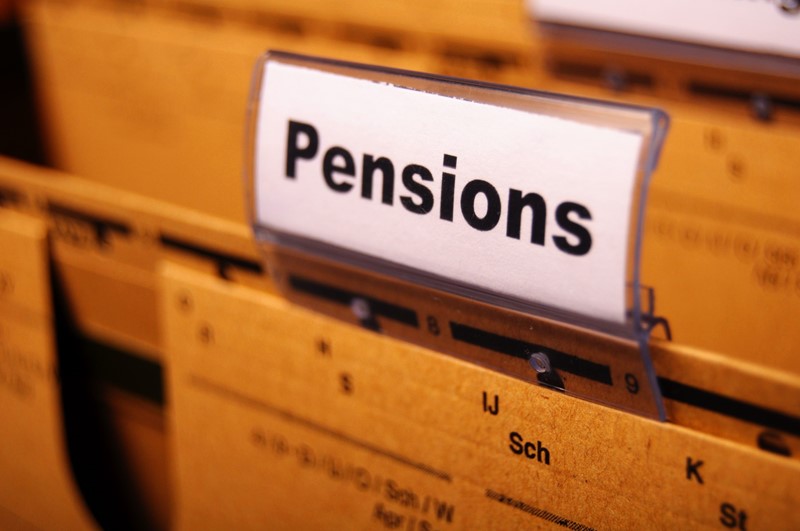A new press release by HMRC has highlighted the fact that 3,275 taxpayers took the time to file their tax return online on Christmas Day with a further 10,311 taxpayers completing their tax returns on Boxing Day. In total, 22,060 Self-Assessment returns were filed between 24 and 26 December. The total number of submissions for the period were actually less than last year.
HMRC’s Director General for Customer Services, said:
‘We are grateful to those customers who have already filed their tax returns. For anyone who is yet to make a start, help is available on GOV.UK, just search ‘Self-Assessment’ to find out more.’
If you are filing online for the first time you should ensure that you register to use HMRC’s Self-Assessment online service as soon as possible. Once registered an activation code will be sent by mail. This process can take up to 10 working days.
We would encourage our readers to complete their tax return as early as possible to avoid last-minute stress as the 31 January 2023 filing date looms. Last year over 2.3 million taxpayers or 19% of those required to file missed the 31 January deadline.
If you miss the filing deadline then you will be charged a £100 fixed penalty (unless you have a reasonable excuse) which applies even if there is no tax to pay, or if the tax due is paid on time. There are further penalties for late tax returns still outstanding 3 months, 6 months and 12 months after the deadline. There are also additional penalties for late payment amounting to 5% of the tax unpaid at 30 days, 6 months and 12 months.












